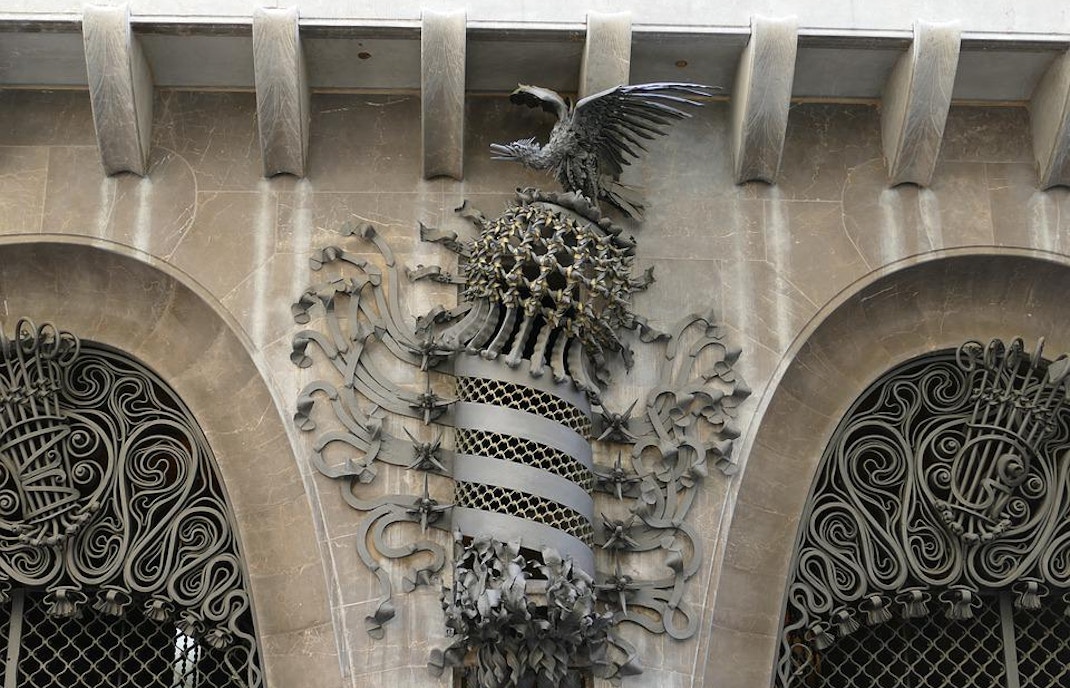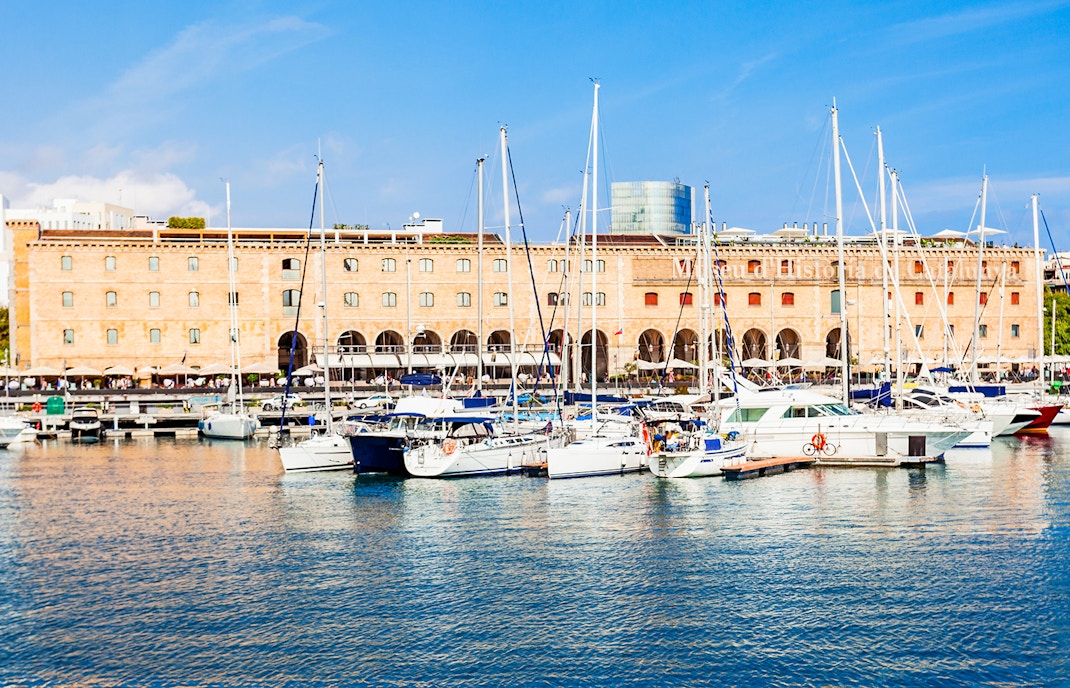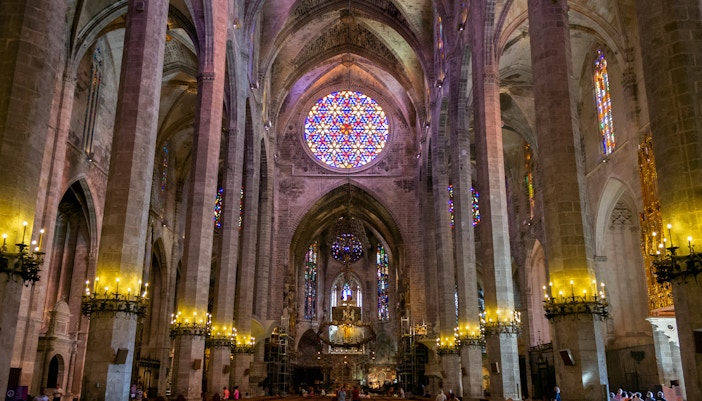Although Catalonia may have first been inhabited by the Iberian Laietana people, the earliest records show that Barcelona started life when it was founded by the Phoenicians and the Carthaginians.
- One of their revered rulers, known as Hamilcar Barca, was the inspiration behind christening their newest possession of Barcino.
- They maintained their residence there until the Romans came to claim it during the first-century B.C.E. Romans lost Barcelona to the Visigoths in the fifth century.






.jpg?auto=format&w=1069.6000000000001&h=687.6&q=90&ar=14%3A9&crop=faces&fit=crop)













